We Have Never Been Woke: The Cultural Contradictions Of A New Elite book review
The ‘woke’ professional classes claim to promote justice and equality, but deliver for one per cent.
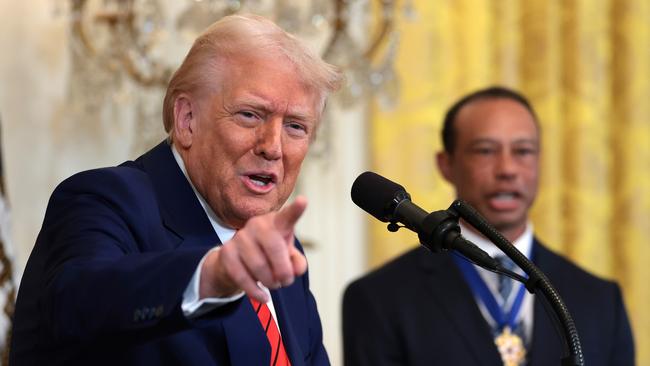
America is at war with “wokeness.” President Donald Trump has withdrawn from the Paris Agreement for net-zero emissions, declared an energy emergency, suspended the “alien invasion”, and kiboshed federal diversity, equity and inclusion programs.
Down Under, we tend to deny the consequentiality of the “wokeness” movement. During Election 2025, ordinary voters can expect little from either party to address mass immigration, housing hunger-games, and personal-taxation creep. Yet Dutton is demonised in some media as a hard-right mini-Trump.
Author Musa al-Gharbi offers a reality check. Reportedly, his book tour includes Australia. In my dreams, he will be at the National Press Club.
A one time Arizona shoe salesman, who has switched from Catholicism to Islam, al-Gharbi is a bi-racial author from a military family who has become a New York sociology professor.
Freshly immersed in the Big Apple’s “caste system”, he wasn’t surprised by Trump’s 2016 victory. Entitled fellow students were inconsolable. Yet, he argues, despite “unambiguous” gains for identity groups, high inequality persists throughout America. So, what have “we” (he means the educated and professional classes, who tend to be called “woke” ) been doing?
He invokes French sociologist Pierre Bourdieu’s concept of symbolic (cultural, academic, political) capital that can be parlayed into financial capital, and says he himself is a symbolic capitalist. You are too, maybe, if bothering to read him.
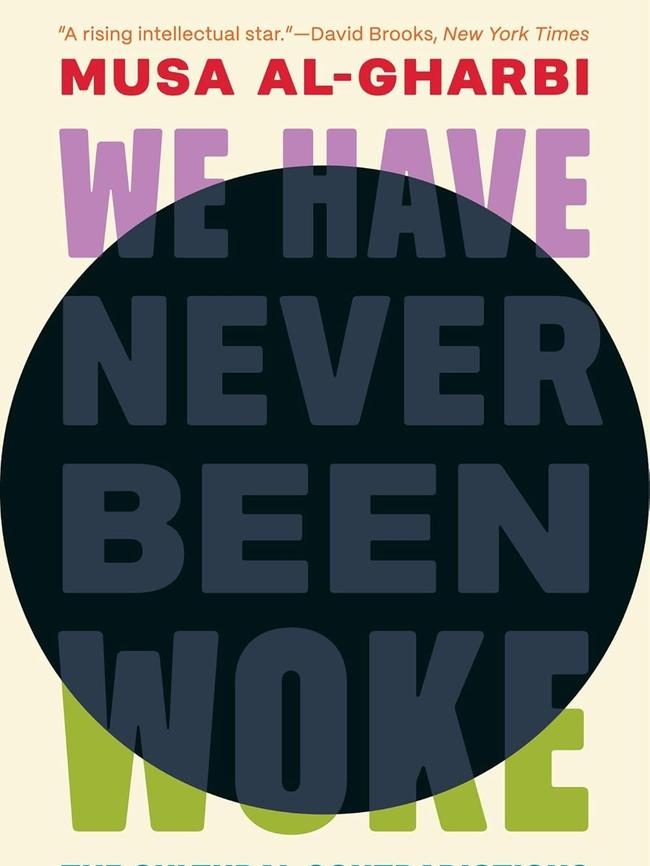
He identifies some of the signals of wokeness:
* Identifying as an “ally” of special (disadvantaged) groups;
* Aesthetically embracing diversity and inclusion;
* Validating identity and subjectivity;
* Recognising one’s “privilege”;
* Embracing “unconscious” bias; and so on.
Ordinary folk “don’t talk or think” in these terms, he says. Symbolic capital does. The nominally altruistic professions include journalists, social scientists, economists, urban planners, and human resources. They are the top 20 per cent, says the author, and they are allies of the top one per cent, whether they know it or not.
One example: in al-Gharbi’s view, the 1960s protest movement only really took off when middle-class white kids no longer got draft deferrals via college enrolment.
His book deploys stats tables, and 100 pages of notes and references. He cites, among other things, exploding BA graduation numbers, suddenly rising media coverage of discrimination, and heightened white-liberal advocacy around race.
Symbolic capitalists, the author observes, are always left of Americans generally. Their “social justice sinecures” don’t equalise society. Gender equality is up, but socio-economic equality is down.
In Table 3.3, America’s production and services economy dominates in terms of employment and GDP value-add, compared with the knowledge or symbolic economy. Yet symbolic-economy firms “largely own the rest of the economy and often dictate how it operates”. Less diverse than other areas of the workforce, they compensate, via DEI hires.
Their obliging professionals exert “immense influence over the shape, character, and trajectory of society”. They can outsource their everyday needs to minorities and migrants.
Voting with their feet, US professionals flock to “symbolic hubs” in trendy cities and university precincts, practising assortative mating. Much of the political melodrama and media participation plays out in their coteries, with journalism written “by and for the affluent”. Presuming they’ve got the facts, they decry “misinformation”. Hang on, enjoins the author, they’re tribal, dogmatic, and partisan.
US professionals used to swing Republican – now it’s Democrat. Compared with society at large, elites in both parties tend to be pro-market economically but pro-left culturally. When only 3 per cent of Americans had degrees, it was harder to disengage from common folk. Now a third have degrees. The Australian uptrend is similar.
Symbolic capitalists, argues al-Gharbi, have developed a fancy fourth form of capital – totemic. Their victimhood culture seeks to “directly embody” the vulnerable and disadvantaged.
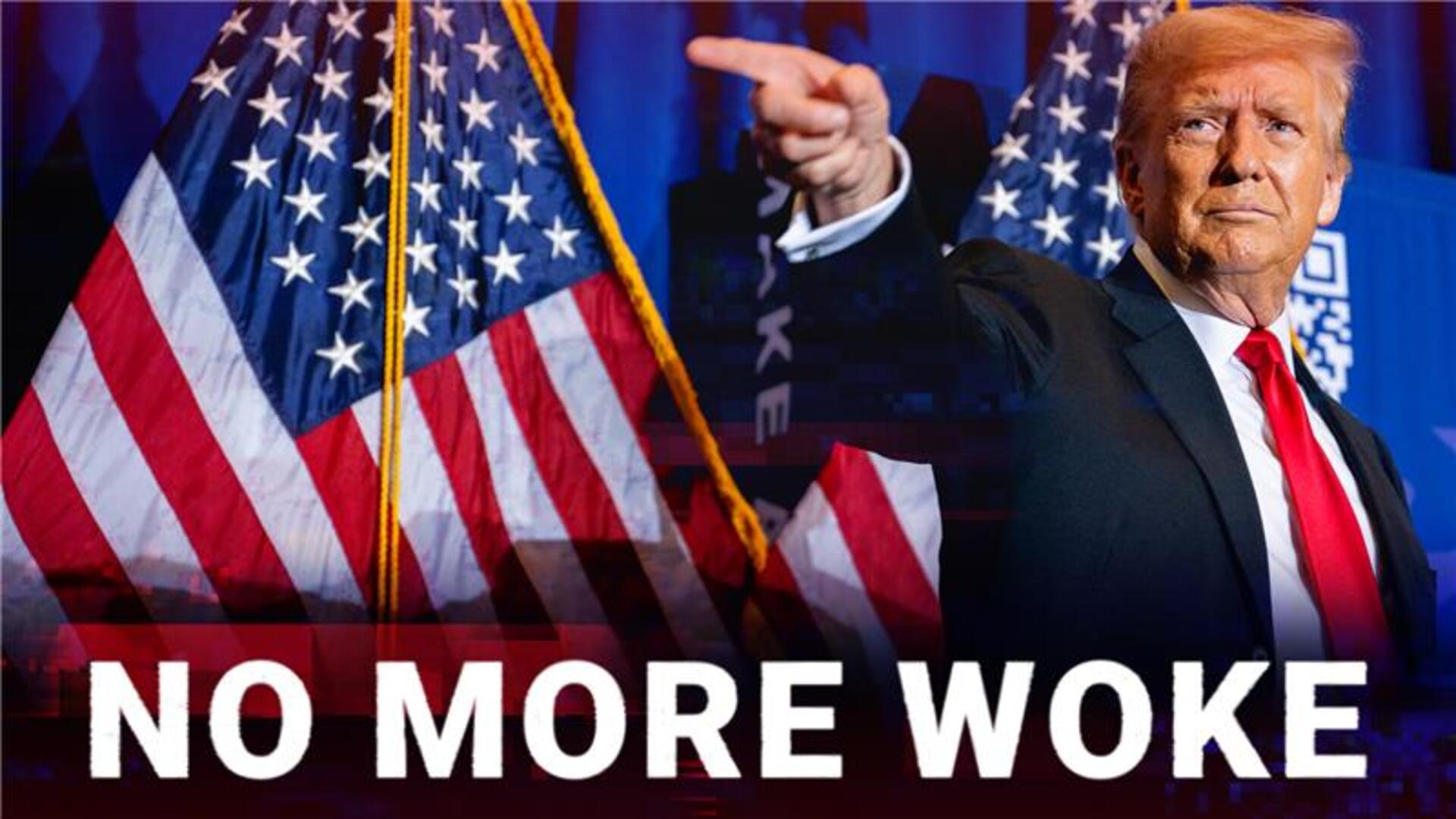
Men, he ventures, like power, caring less why or how others comply. But group- and status-conscious women increasingly dominate the ranks of symbolic capitalists. Their self-esteem wants the masses to conform “for the right reasons”.
In the US, black identity can work in a person’s favour, more so if multiracial. LGBTQ persons can scale the elite ranks. This doesn’t mitigate hardships among the disadvantaged. Special-group high achievers (not excluding the author) may be taken to possess totemic insight and morality. They can be consecrated as public voices – if they play nice.
Racial privilege works for affluent whites, al-Gharbi contends, not poor ones. Awareness of privilege doesn’t help the underprivileged, hypocrisy being the “ultimate power move”.
Mastering woke tropes signals elite status and enhances “professional flourishing”. The symbolic professions can “cancel” non-elites – the reverse rarely applies. Their policy discourse expands to embrace minority elites – yet may restrict approval to those voices deemed “credible” or authentic. These are forms of moral licensing and cleansing.
Large American cities, al-Gharbi writes, are more segregated than in 1990. Overwhelmingly, this division derives from “contemporary” practices. Not old racial history, or what might be dubbed Mr Nobody. Analogously, nobody takes the rap for making Australian housing so unaffordable. It’s a wicked problem is a favoured cop-out of governments and their million-dollar mandarins.
“Wokeness,” the author concludes, “does not seem to be associated with egalitarian behaviours in any useful sense”.

However, he also acknowledges, any theories (including his own) are children of their time and place, handling “some things” better than others.
In that context, many elite perspectives associated with wokeness look correct. But then, you can overdo the symbolic gestures. Likewise, you can have a modicum of “critical race theory, postcolonial theory, feminist standpoint epistemology, and queer theory”. But then, you can have too much.
Wrapping up, al-Gharbi pans the symbolic professions for fake altruism, attractive to “ideological, conformist” personalities.
Awokenings, then, are more about frustrated elite-wannabes than justice. Selfishly, the winners prioritise symbolic standing over material conditions.
More woke means less equal. Rather than innovation, wealthy nations are experiencing “stagnation and declines … dysfunction and mistrust”.
Al-Gharbi’s US investigation resonates in Australia, and he cites similar analyses of other WEIRD (western, highly educated, industrialised, rich, democratic) nations.
Plaudits to the author for an invigorating critique, rigorous yet readable. Its closing sentiments wouldn’t sway Australia’s power-elite: “Equality is not something to be believed in but rather something to be enacted … it’s something we do.”
Stephen Saunders is a former public servant and consultant.



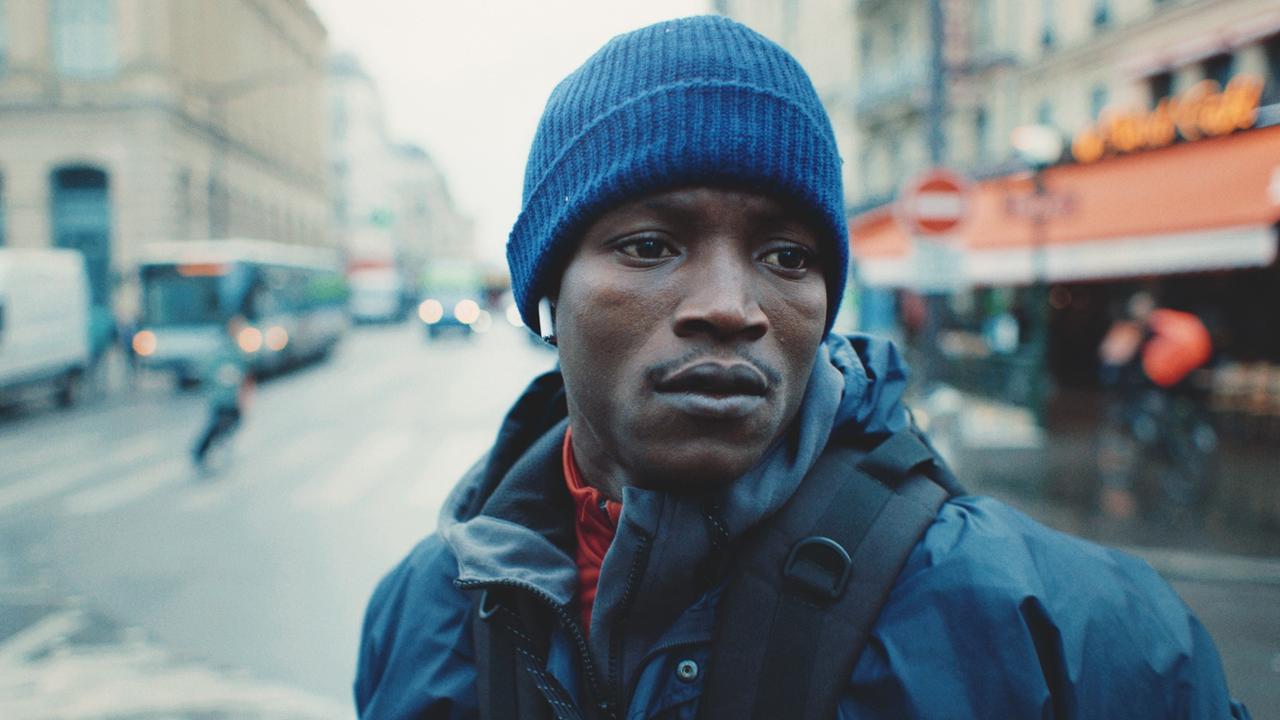
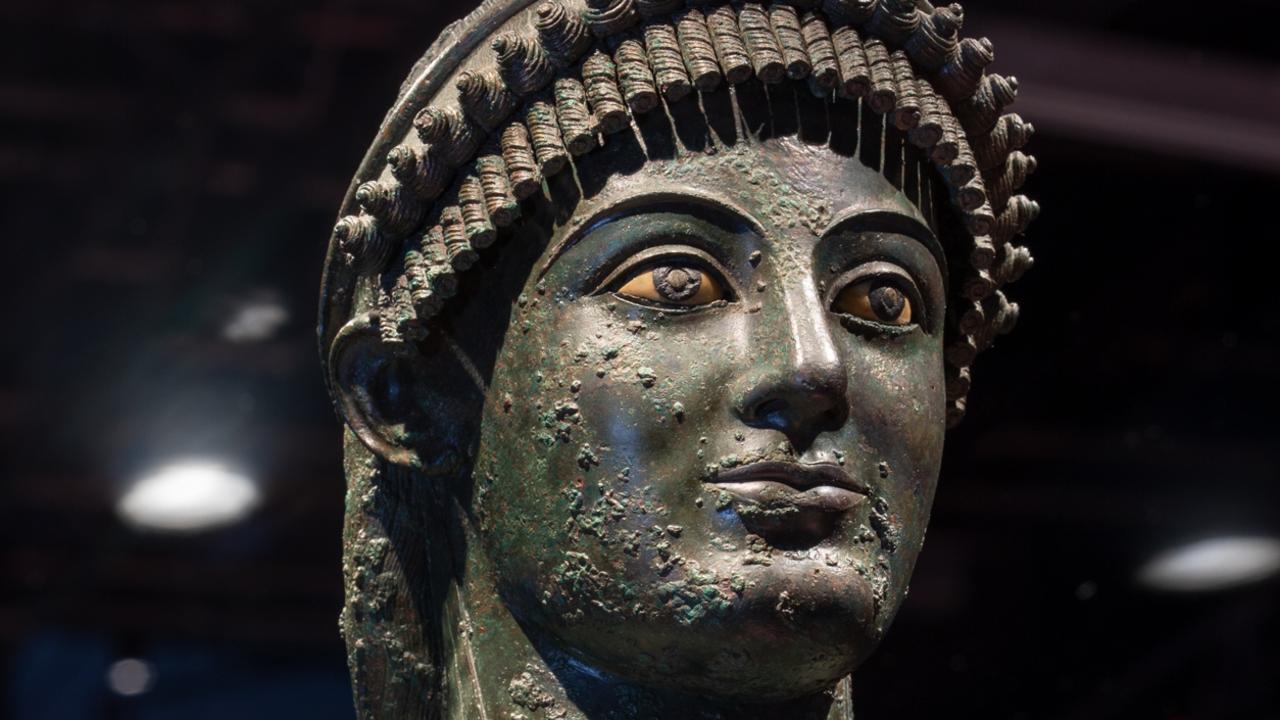
To join the conversation, please log in. Don't have an account? Register
Join the conversation, you are commenting as Logout